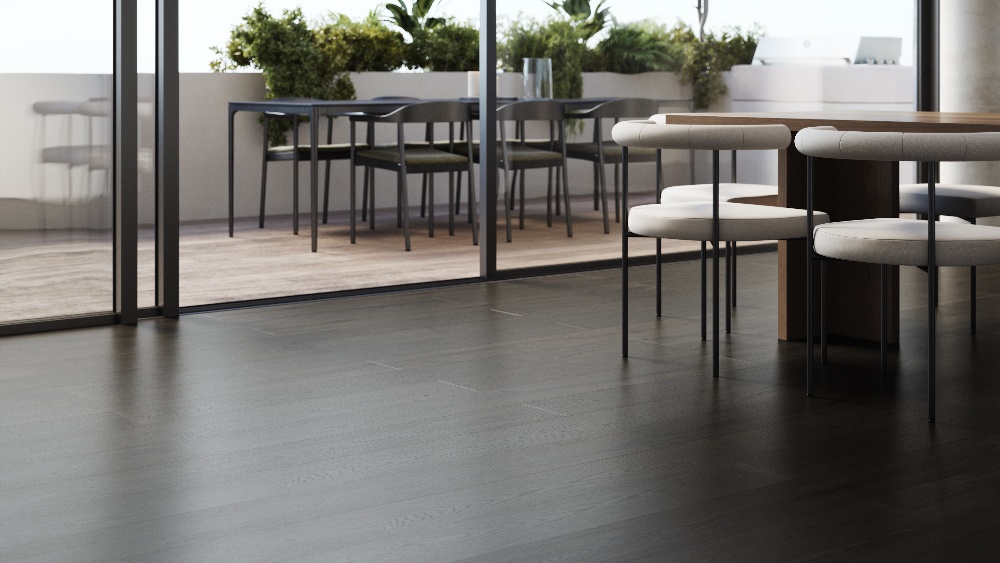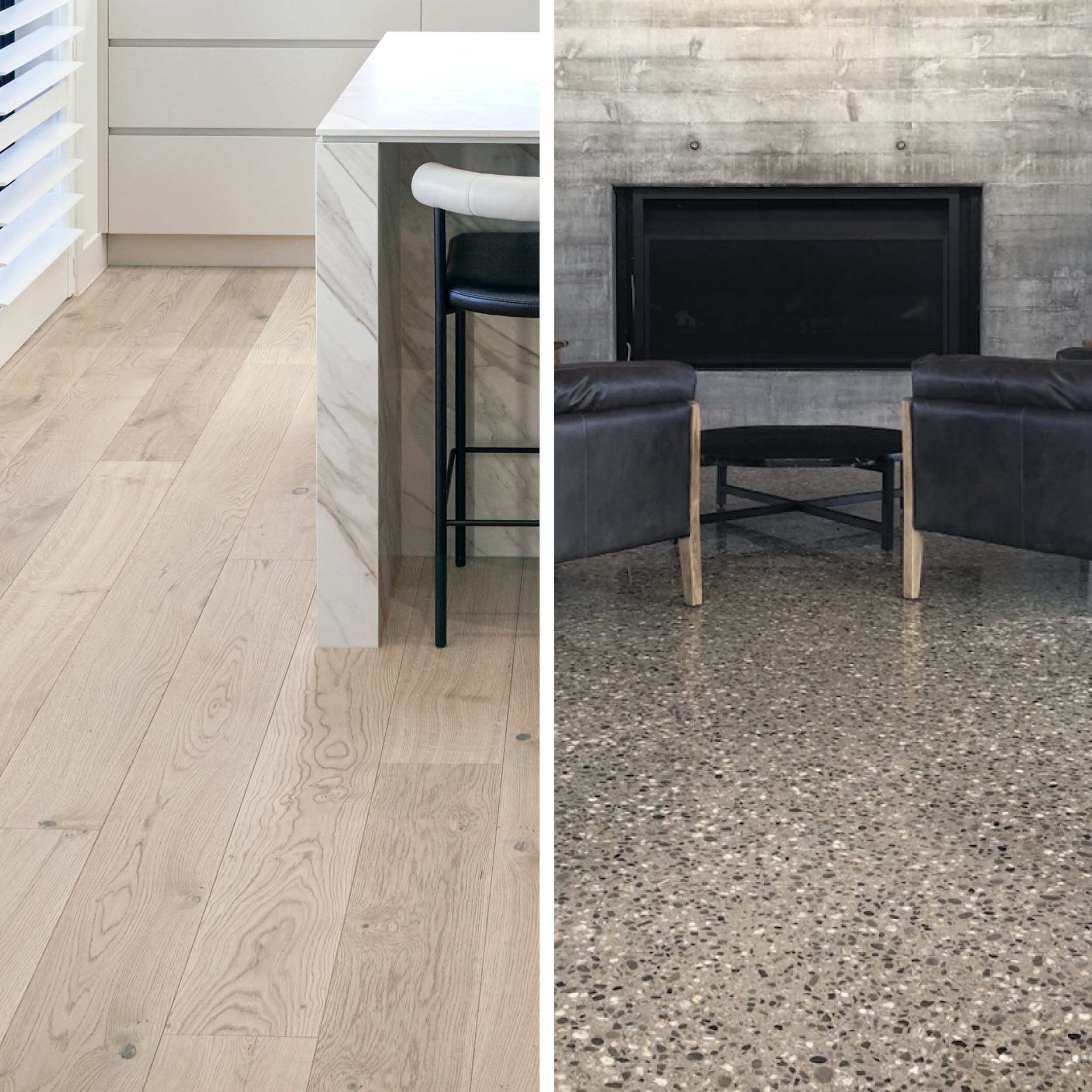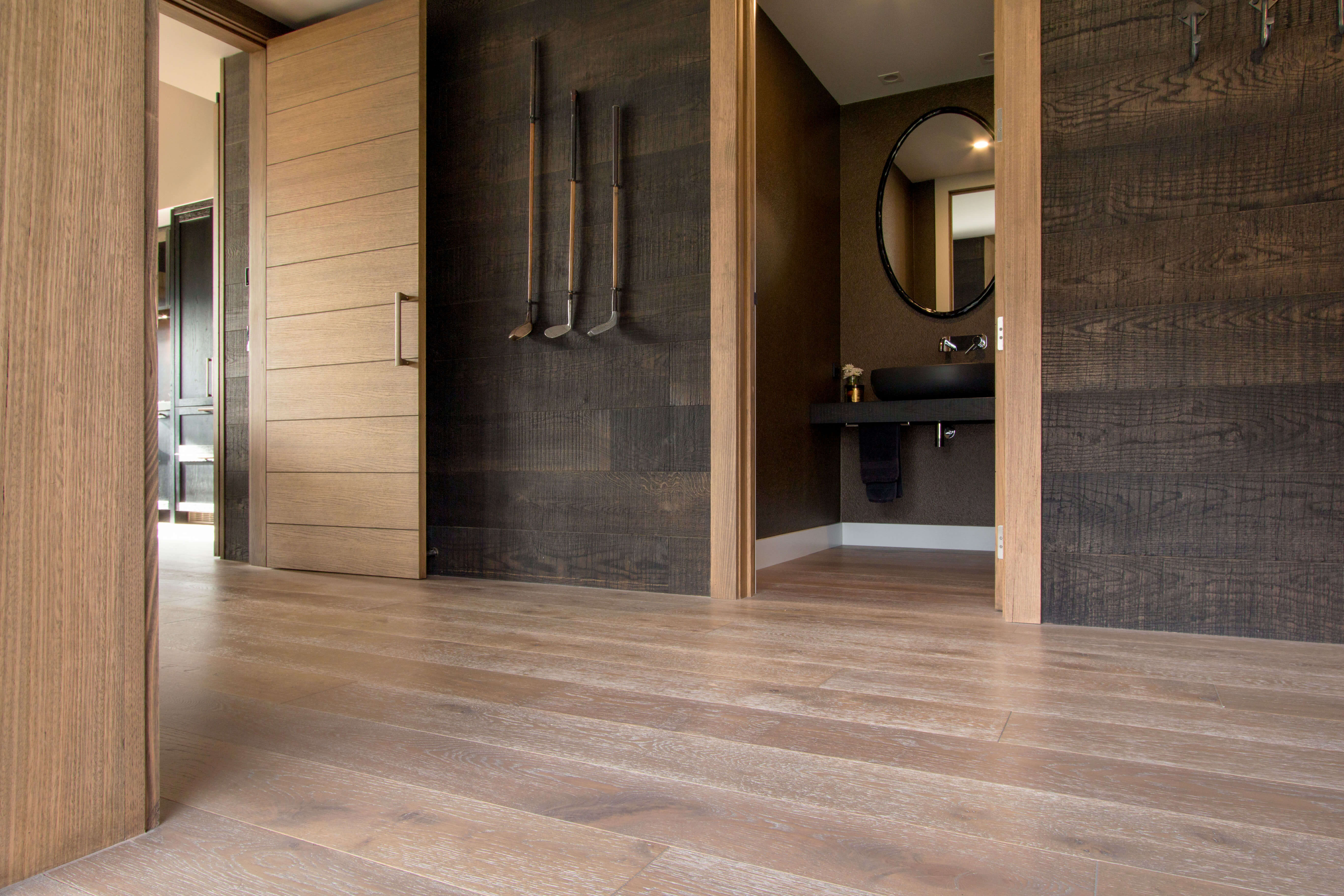Our Stance on Bamboo Flooring
Blog |
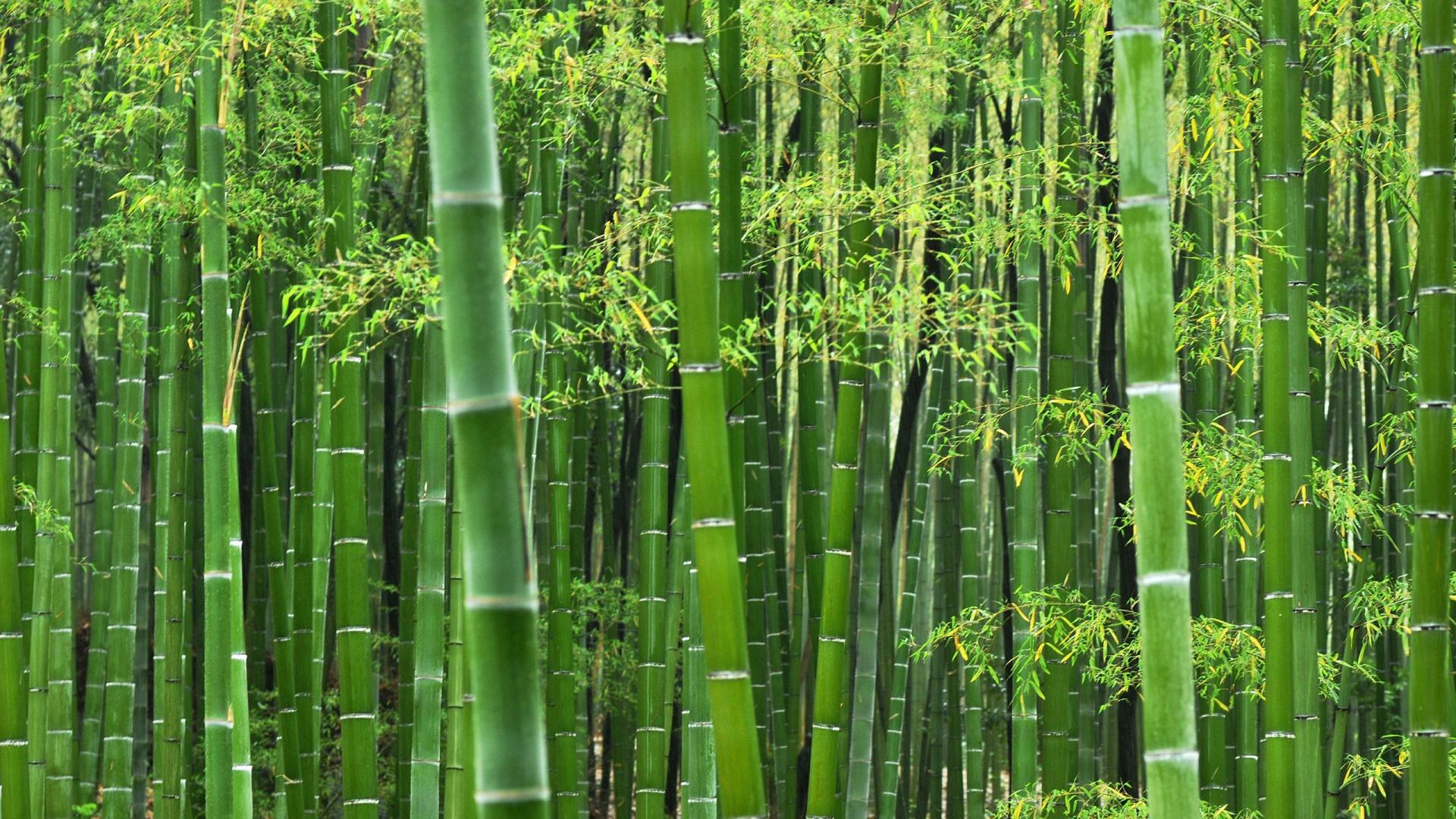
Before we introduce a new product to the market our R&D team put it through a series of tests to determine factors such as reaction to UV and exposure to sun, as well as the reaction to damp environments and moisture. Our team have done a lot of research on bamboo flooring, having looked into a large number of products from multiple suppliers. Unfortunately, very few of them are able to stand up to our rigorous testing.
What makes it attractive to buyers?
The inexpensive price and eco-friendly image of bamboo can seem very attractive to buyers who are in the hunt for affordable flooring. Bamboo flooring is usually less expensive than solid timber flooring and this comes back to how readily available it is due to the rate at which it can grow. Bamboo is a highly renewable resource and can be harvested in as little as 5-7 years - whereas in contrast to this hardwood trees can take 60+ years to reach full maturity.
Bamboo flooring's 'eco-friendly' perception largely untrue
In the marketplace Bamboo has become known as an eco-friendly product, but this is not always an accurate portrayal. During the manufacturing process of bamboo flooring, resins are usually added to hold it together. These resins are typically not very environmentally friendly and some of them emit excessive levels of VOC's such as formaldehyde. Aside from this, there is also great concerns for hardwood forests which have taken hundreds of years to grow and are now being cut down and replaced with bamboo forests for commercial purposes.
Stability & movement issues
Bamboo is a grass, not a timber and it has a totally different cell structure to timber. When timber flooring gets wet, the pores of the timber allow the water to get out of the timber again - however, when water gets inside bamboo, the cells don't allow the water to get out again. This has lead to many cases of bamboo flooring swelling, cracking, and becoming very unstable - and because the bamboo does not release the water again these problems don't tend to subside over time.
Bamboo can also react very badly to heat - Heat can cause the resins that hold bamboo together to become brittle, causing cracking, cupping and shrinkage. We would advise extreme caution using bamboo flooring in rooms that may experience warmer temperatures from sources such as direct sunlight, under floor heating, fireplaces, air conditioning etc.
Not as hard-wearing as they make out
Many of you would have heard about how hard bamboo flooring is but this is not all true. In the manufacturing process, aluminum oxide (one of the hardest finishes available) is commonly used - However, the underlying bamboo itself is extremely soft and the aluminum oxide is not enough to stop the flooring from scratching and denting. On top of this, Bamboo has no grain pattern and therefore typically has a glossy finish - and with smooth, glossy finishes scratches are extremely noticeable.As you can see, there are not a lot of positives with bamboo flooring, although we are not without faith that someone will come up with a reliable and environmentally responsible bamboo product in the future.
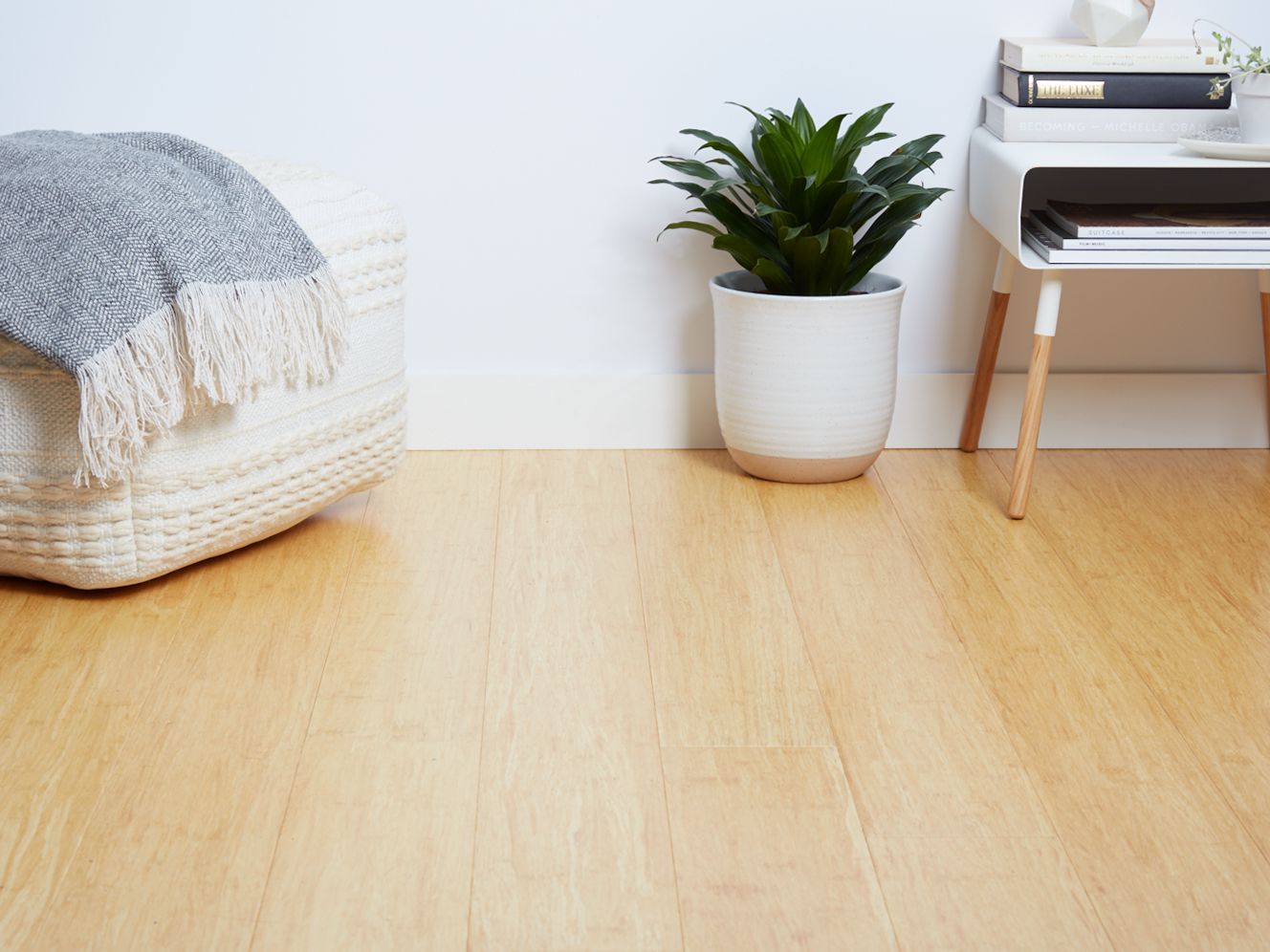
Visit one of our Showrooms
If you have any queries about our products or need help with your project, we can provide you with expert advice. Visit one of our showrooms or book a consultation with our flooring experts today.
